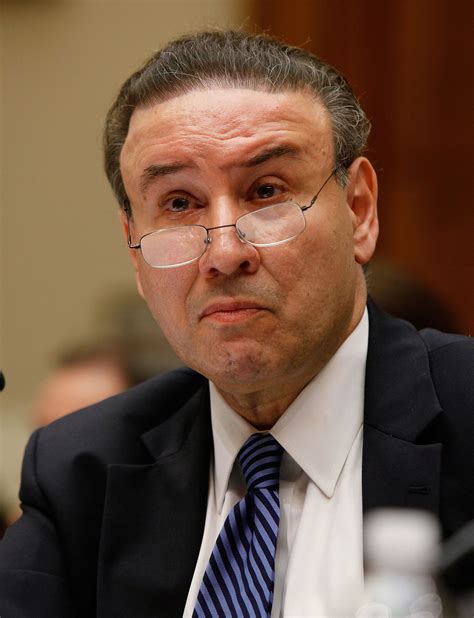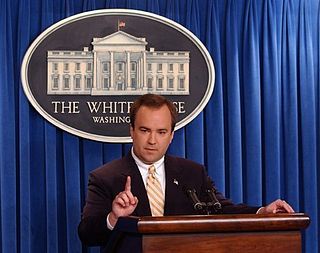A Quote by Robert Zubrin
The revelation that the National Security Agency has been secretly amassing data on countless law-abiding American citizens has aroused great concern about the potential threat such an effort poses to liberty.
Related Quotes
Law-abiding Americans deserve to know that their government will not secretly tap their phones, read their medical records, access their library accounts or otherwise invade their personal lives, with no oversight or accountability. Law-abiding Americans also deserve to know that when law enforcement can show an impartial judge clear evidence of criminal activity or a threat to national security, swift and decisive action will be taken to protect the public. That is the balance we must achieve.
This Administration also puts forward a false choice between the liberties we cherish and the security we demand... That means no more illegal wire-tapping of American citizens. No more national security letters to spy on citizens who are not suspected of a crime. No more tracking citizens who do nothing more than protest a misguided war. No more ignoring the law when it is inconvenient. That is not who we are.
Critics have stepped up their attacks on the President for authorizing the National Security Agency to listen to international communications of known al Qaeda members or affiliated terrorists during a time of war. The American people expect their leaders to stay a step ahead of the enemy, and the National Security Agency authorization is a critical tool in the War on Terror that saves lives and protects civil liberties at the same time.
If Israeli intelligence that has been shared with the United States - whether the National Security Agency, the C.I.A., the Defense Department, or the White House - is not safely guarded, Israel faces a major threat to its security. Cooperation with America's agencies is deeply embedded in Israel's intelligence community.
What we've seen over the last decade is we've seen a departure from the traditional work of the National Security Agency. They've become sort of the national hacking agency, the national surveillance agency. And they've lost sight of the fact that everything they do is supposed to make us more secure as a nation and a society.
For the last eight years, American policy toward Iraq has been based on the direct threat Saddam poses to international security. That threat is clear. Saddam's history of aggression leaves little doubt that he would resume his drive for regional domination and his quest for weapons of mass destruction if he had the chance.


































